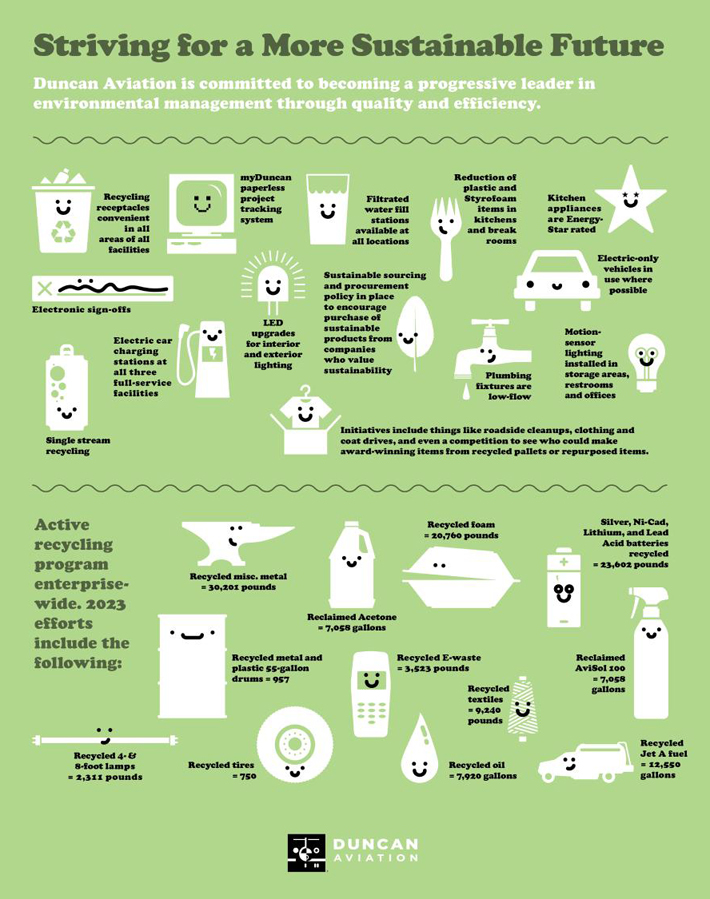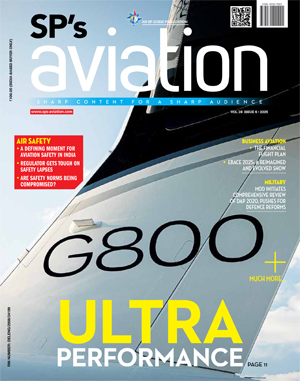INDIAN ARMED FORCES CHIEFS ON OUR RELENTLESS AND FOCUSED PUBLISHING EFFORTS

The insightful articles, inspiring narrations and analytical perspectives presented by the Editorial Team, establish an alluring connect with the reader. My compliments and best wishes to SP Guide Publications.

"Over the past 60 years, the growth of SP Guide Publications has mirrored the rising stature of Indian Navy. Its well-researched and informative magazines on Defence and Aerospace sector have served to shape an educated opinion of our military personnel, policy makers and the public alike. I wish SP's Publication team continued success, fair winds and following seas in all future endeavour!"

Since, its inception in 1964, SP Guide Publications has consistently demonstrated commitment to high-quality journalism in the aerospace and defence sectors, earning a well-deserved reputation as Asia's largest media house in this domain. I wish SP Guide Publications continued success in its pursuit of excellence.
- Prime Minister Modi Visits Punjab’s Adampur Air Base, Interacts with Airmen after Successful ‘Operation Sindoor’; Stern Message to Pakistan
- The layered Air Defence systems that worked superbly, the key element of Operation Sindoor
- Operation Sindoor | Day 2 DGMOs Briefing
- Operation Sindoor: Resolute yet Restrained
- India's Operation Sindoor Sends a Clear Message to Terror and the World – ‘ZERO TOLERANCE’
- Japan and India set forth a defence cooperation consultancy framework, talks on tank and jet engines
Duncan Aviation Recognized by NATA Sustainability Standard as a Tier 2 Green Aviation Business

Duncan Aviation has been recognized by the National Air Transportation Association (NATA) as a Tier 2 Green Aviation Business, which means the company is lowering its carbon footprint by following the Tier 1 and Tier 2 requirements of NATA's three-tiered Sustainability Standards.
Basic and Tier 1 requirements encourage measurement of a company's carbon footprint, increased use of more environmentally friendly energy sources, and reduction of waste throughout the company. Tier 2 requirements include the adoption of recycling programs, implementation of a sustainable sourcing/procurement policy, adopting electric vehicles in business operations, and promoting rideshare, electric vehicles and public transportation for team members when possible.
"Sustainability is much more than a current business buzz word," said Jeff Lake, President of Duncan Aviation. "We are committed as a business and as individuals to leave less of a footprint on the earth, making a positive impact on the environment we will leave our children, grandchildren, and future generations. Sustainability is a core value that Duncan Aviation team members identified years ago as something the company should focus on and improve. I am pleased that NATA has recognized our efforts and we appreciate their dedication to exploring and implementing sustainable solutions for the industry."
There are many ways Duncan Aviation strives to be a better steward of resources and to work toward environmentally friendlier processes and facilities. Concrete examples can be found in the recent construction of the company's new hangar facilities in Lincoln, Nebraska, and Battle Creek, Michigan, as well as its 2019-2020 expansion in Provo, Utah. These facilities include technology and processes that eliminate airborne waste products connected to aircraft painting, that effectively treat waste water, and that responsibly dispose of remaining hazardous waste. The company also uses daylight harvesting and natural light wherever possible, has installed efficient radiant floor heating systems and LED lighting, and constantly weighs the costs and benefits of adopting greener processes and products.
Duncan Aviation has Environmental Supervisors at its full-service facilities who create sustainability goals every year. These initiatives include using products that are environmentally friendly, supporting vendors who also value sustainability, and encouraging recycling and re-use wherever possible.
"We noticed a big improvement years ago when we gave team members who are passionate about green initiatives the latitude to develop and implement ideas through a committee initially called the Green Team," said Kelly Becker, Environmental Supervisor for Duncan Aviation's Lincoln location. "We partnered with community volunteer organizations to organize various recycling and conservation educational efforts. Results included things like roadside cleanups, clothing and coat drives, and even a competition to see who could make award-winning items from recycled pallets or repurposed items. Robert Duncan himself is an electric car supporter, and he made sure we installed electric vehicle charging stations at all of our full-service facilities."
Duncan Aviation is committed to sustainability practices at all levels and is working with community leaders to ensure the company is supporting community sustainability goals.





